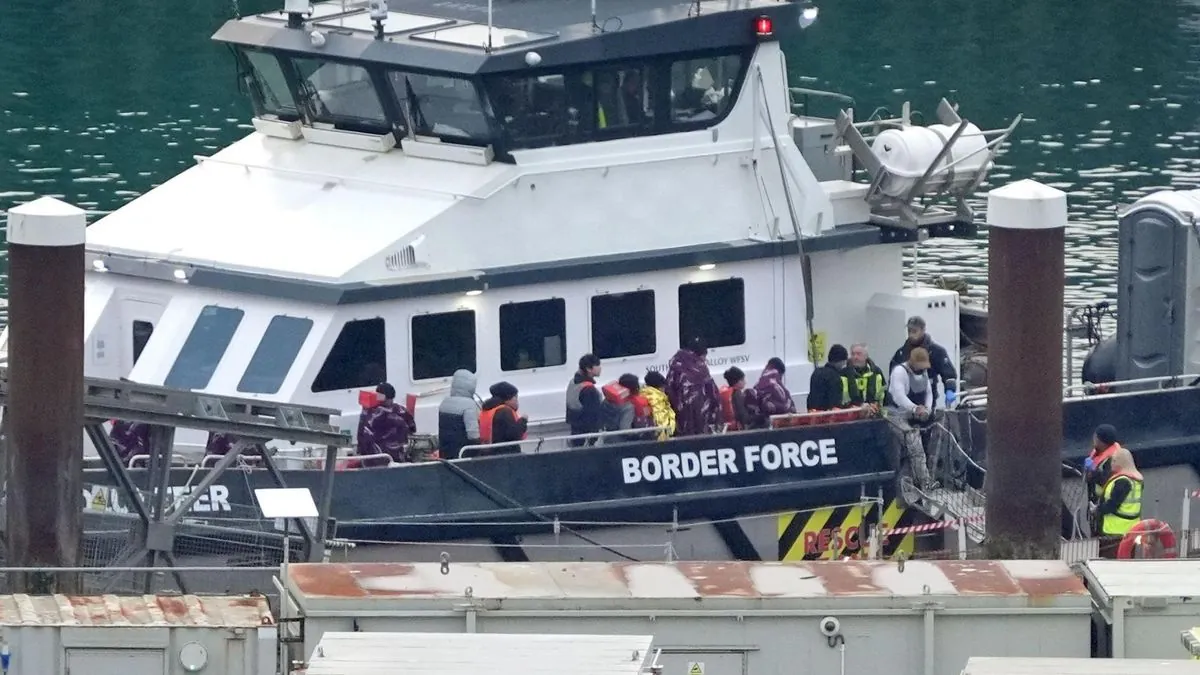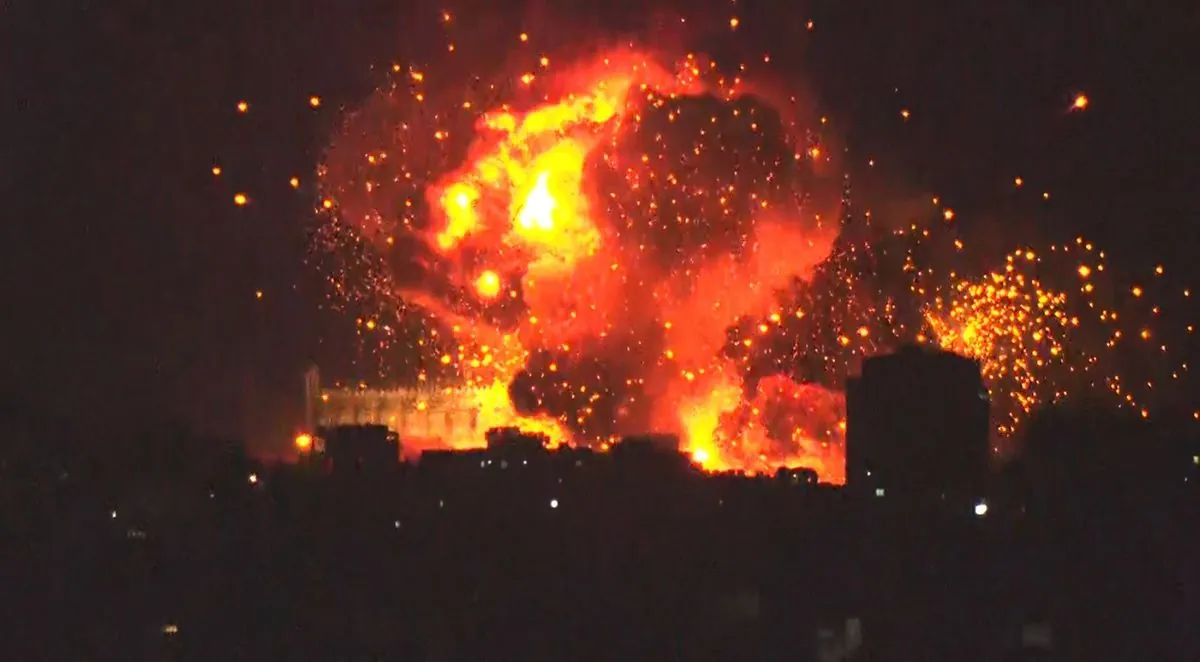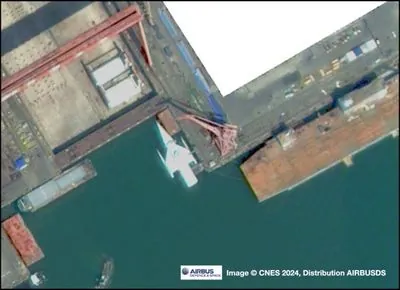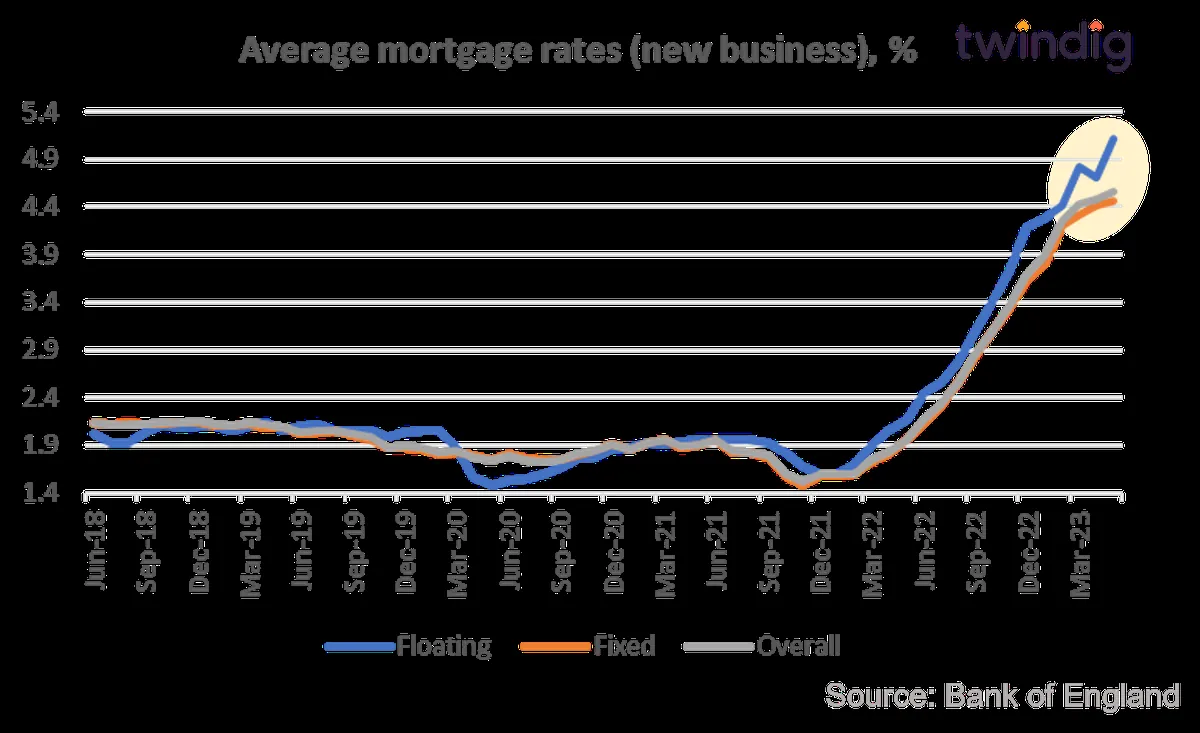Caspian Sea
The Caspian Sea is the world's largest inland body of water, often described as the world's largest lake and sometimes referred to as a full-fledged sea. An endorheic basin, it lies between Europe and Asia: east of the Caucasus, west of the broad steppe of Central Asia, south of the fertile plains of Southern Russia in Eastern Europe, and north of the mountainous Iranian Plateau. It covers a surface area of 371,000 km2 (143,000 sq mi), an area approximately equal to that of Japan, with a volume of 78,200 km3 (19,000 cu mi). It has a salinity of approximately 1.2%, about a third of the salinity of average seawater. It is bounded by Kazakhstan to the northeast, Russia to the northwest, Azerbaijan to the southwest, Iran to the south, and Turkmenistan to the southeast.
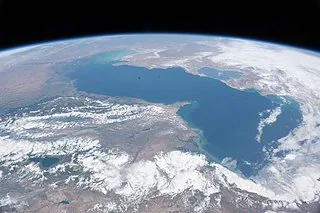
Some of the key events about Caspian Sea
- 1723The first scientific expedition to study the Caspian Sea was conducted
- 1729A devastating earthquake struck the southern coast, causing significant damage and loss of life
- 1856A powerful earthquake and subsequent tsunami hit the Caspian Sea region, resulting in widespread destruction
- 1869The first oil well was drilled in the Caspian Sea region
- 1917The Russian Civil War led to disruptions in oil production and trade around the Caspian Sea
- 1935A major oil spill occurred in the Caspian Sea, causing environmental damage
- 1949The world's first offshore oil platform was installed in the Caspian Sea
- 1977Severe storms in the Caspian Sea resulted in flooding and coastal erosion
- 1991The Caspian Environmental Programme was established to protect the sea's ecosystem
- 1991The collapse of the Soviet Union led to disputes over Caspian Sea resources and boundaries
- 1994The "Contract of the Century" was signed, opening up Azerbaijan's oil fields to foreign investment
- 1995Overfishing caused a significant decline in sturgeon populations and caviar production
- 2000A severe drought led to a dramatic drop in the Caspian Sea's water level
- 2001The world's largest caviar-producing sturgeon hatchery opened on the Caspian shore
- 2003The North Caspian Operating Company discovered the massive Kashagan oil field
- 2006The Caspian Sea level stabilized after decades of fluctuation
- 2006An oil pipeline explosion in the Caspian Sea region caused environmental damage and economic losses
- 2014The Convention on the Legal Status of the Caspian Sea negotiations began
- 2018The Caspian Sea's legal status was finally agreed upon by all five littoral states
- 2019Toxic algal blooms in the Caspian Sea threatened marine life and coastal communities
Disclaimer: This material is written based on information taken from open sources, including Wikipedia, news media, podcasts, and other public sources.
